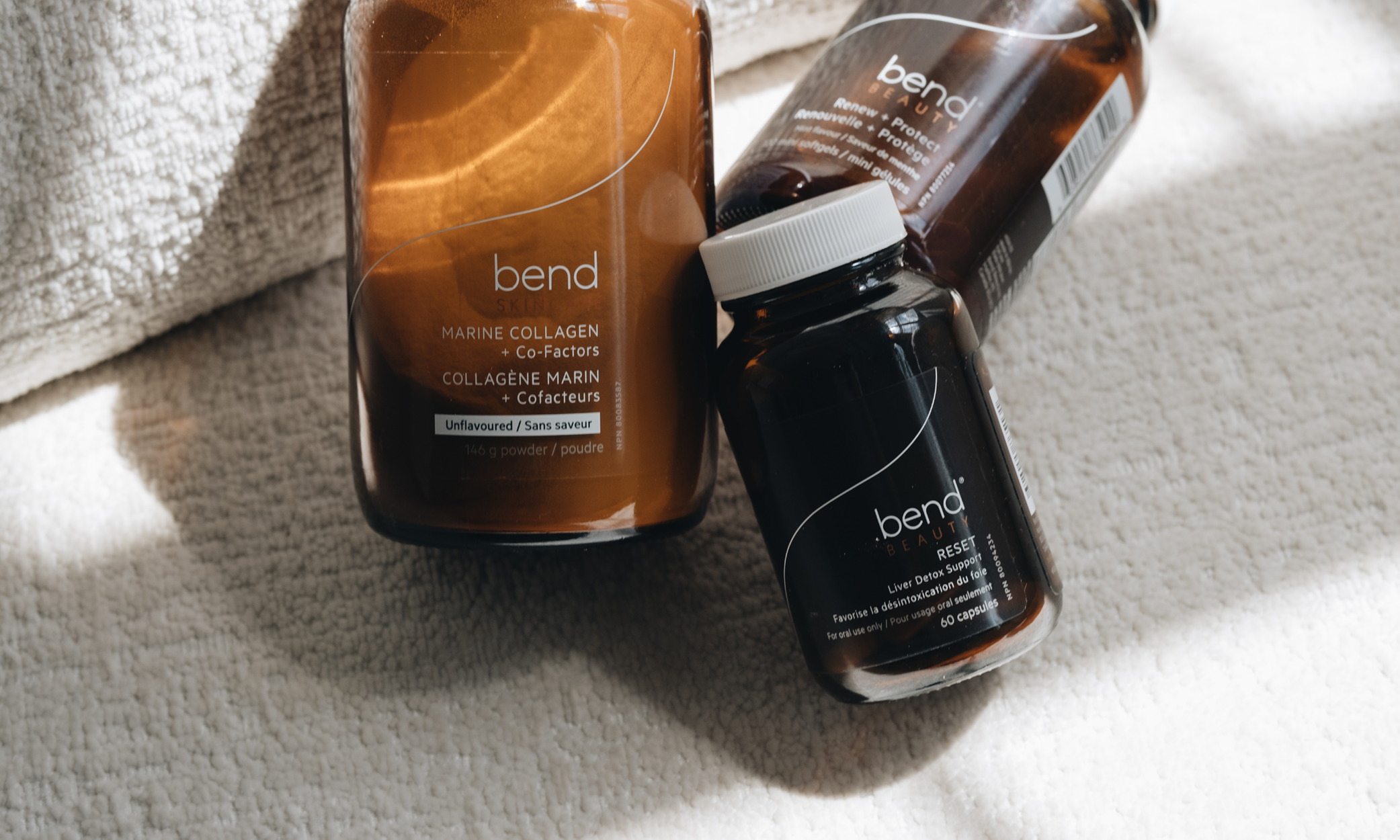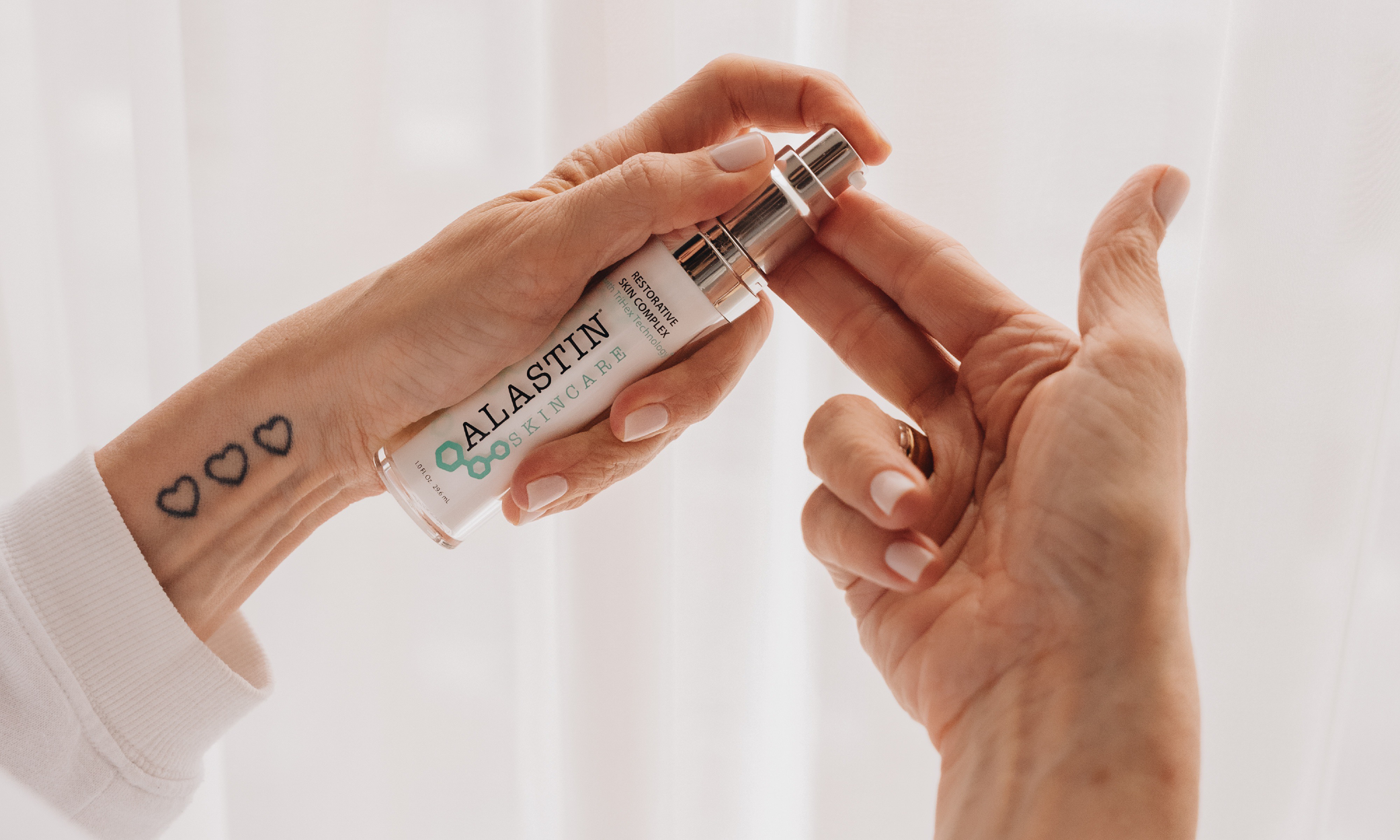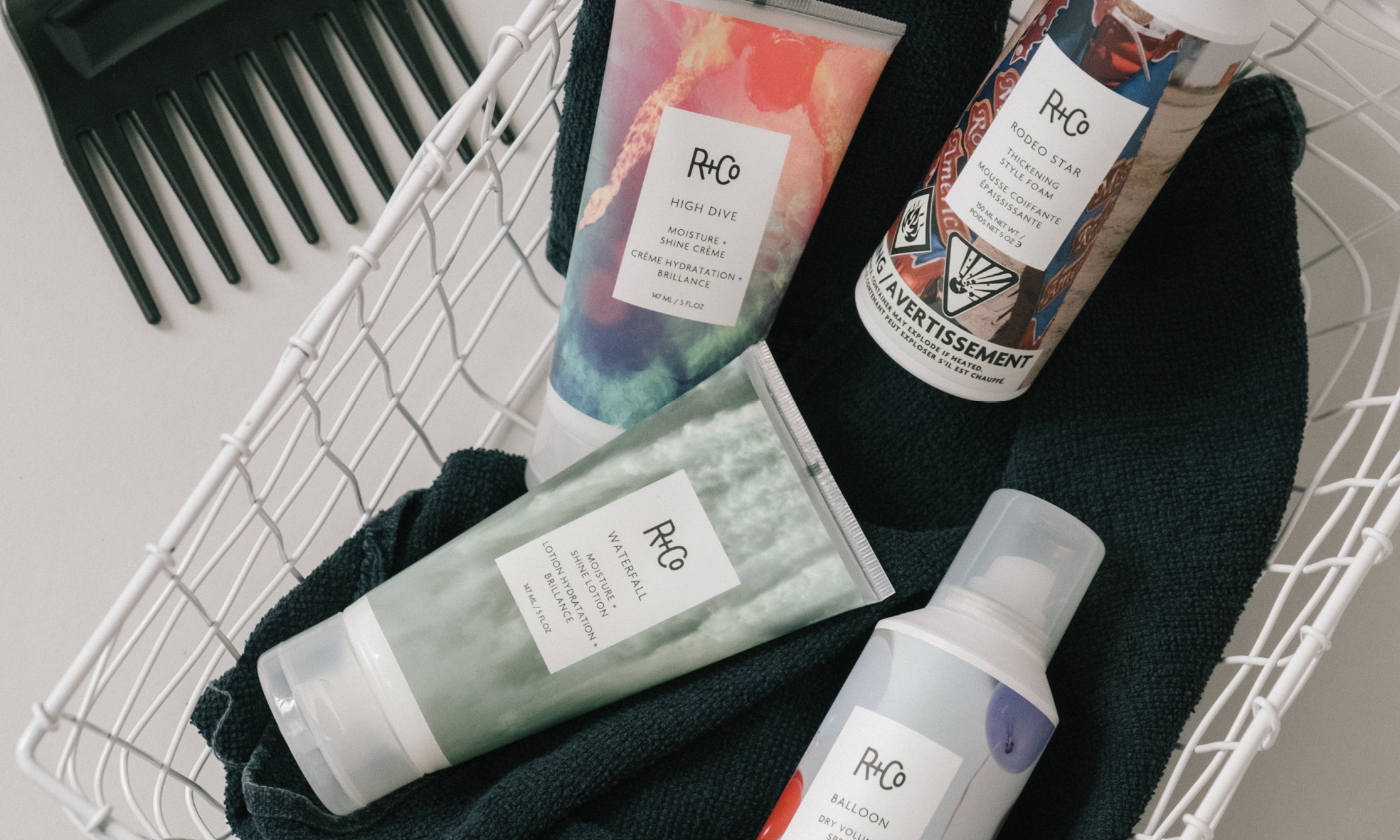
Menopausal Skincare
Menopause can bring some noticeable changes to your skin and hair. However, there’s no cause to panic; these are all completely normal reactions as hormone levels plummet.
Perimenopause, which often starts sometime in the mid-forties, lasts for 3-4 years and may bring on new skin redness, dry and oily patches, breakouts, and even rosacea as estrogen levels begin to drop. Around 50, the skin’s pH level changes, making the skin more sensitive and likely to irritate.
As estrogen dips even further once actual menopause kicks in, a handful of other skin conditions make themselves more apparent. The skin becomes drier, thinner, and duller––and you may even notice more hair on your face and less on your scalp.
So what can you do to help? Read on below to see how you can mitigate the changes you may start to see in your skin:
SUPPORT THE COLLAGEN DIP
In menopause, the skin quickly loses collagen. Studies show that women lose about 30% of their collagen during the first five years of menopause. After that, the decline is more gradual––an estimated 2% of collagen is lost every following year.
Collagen is skin plumpness and structure, so this rapid decline can lead to fine lines, wrinkling, or sagging in the cheeks.
It is important to support this dip by opting for collagen supplements and professional skincare products that include collagen peptides. Our favorites include:
WATCH FOR DRY SKIN
Because estrogen helps the skin produce oil and hold onto water, dry skin during menopause is highly common. We recommend washing with a mild cleanser that won’t strip the skin. Exfoliation may help remove dry skin cells, but because menopausal skin becomes thinner, this may cause more harm than good.
It is also crucial to apply a quality moisturizer (ideally, one with hyaluronic acid, like….. twice a day and/or as soon as you finish cleansing). A moisturizer with ceramides also helps moisture from escaping, and topping a moisturizer with facial oil adds even more hydration.
TREATING ACNE WITH CAUTION
As estrogen levels dip but androgen levels remain stable (androgens are male sex hormones, like testosterone), increased sebum production and blocked pores can cause a return in acne.
Using products with a BHA, like salicylic acid, will be helpful in spot-treating problem areas. However, because the skin’s sensitivity is increased, it is wise to consult with a skincare professional on how to go about protecting the skin while fighting off acne-causing bacteria.
HAIR SOLUTIONS
Lastly, an increase in facial hair can surprise many women and leave them feeling uncomfortable. A skilled and certified dermatologist or medical aesthetician can easily perform laser hair removal, which is an easy solution to go for.
Hair loss on the scalp also often occurs with menopause and can be treated in various ways depending on the cause. If your hair loss is due to menopause, your dermatologist may recommend minoxidil hair products, laser treatment, or both.
While all these changes may seem daunting, we hope you never lose sight of the pure joy and privilege it is to age with confidence and grace. And most importantly, we at BSE are here to support you every step of the way!
Until next time,
The BSE Team











Leave a comment
This site is protected by hCaptcha and the hCaptcha Privacy Policy and Terms of Service apply.